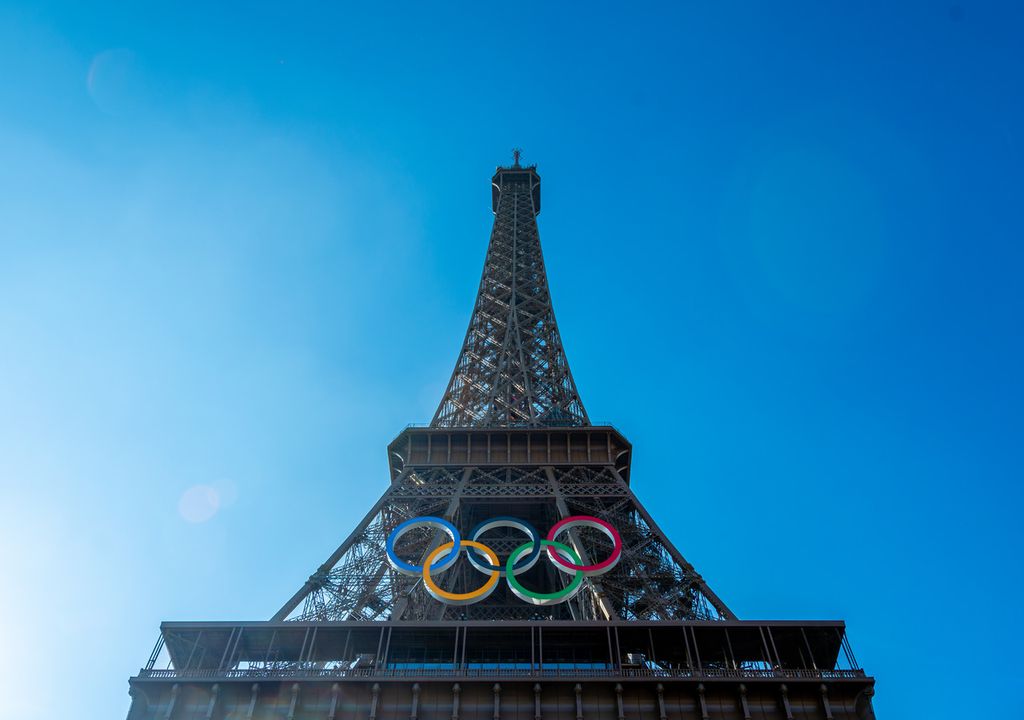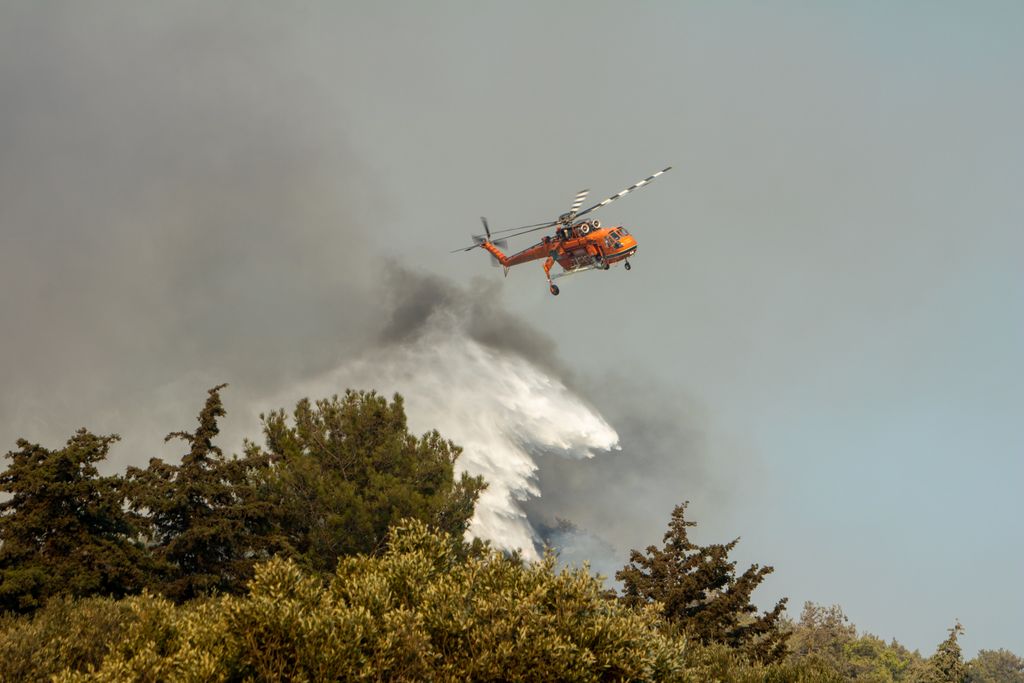Climate change "crashed the Olympics" during heatwave in Europe
Greece, Italy, Spain, Portugal, France and Morocco experienced extreme heat in July 2024, causing at least 23 fatalities, widespread wildfires and bringing public life to a hold. How has the heat affected the Olympics?

Extreme temperatures across much of Europe in the past month would have been ‘virtually impossible’ without man-made climate change, according to a new study.
Scientists at World Weather Attribution (WWA) – who undertake rapid analysis of extreme weather to assess the links to climate change – found that burning of fossil fuels had forced July temperatures up by around 3°C.
Greece, Italy, Spain, Portugal, France and Morocco all experienced extreme heat in July 2024, causing widespread wildfires and heat-related illness and death.
Olympic heat
Olympic athletes have complained about the high temperatures in Paris, where temperatures have soared since the start of the games, with heat warnings in place for Paris and the surrounding areas.
Earlier this week, a yellow alert - the second of the four weather tiers - was in place in the capital, with an orange alert in Bordeaux and Lyon.
Competitors wore ice vests to try to counteract the heat at the sailing events in Marseille, on the Mediterranean coast in the south of France.
“Climate change crashed the Olympics. The world watched athletes swelter in 35°C heat. If the atmosphere wasn’t overloaded with emissions from burning fossil fuel, Paris would have been about 3°C cooler and much safer for sport”, said Dr Friederike Otto, co-founder of World Weather Attribution.
Scientists have warned that elite Olympic athletes who are exposed to high temperatures and are not acclimated to them may see a decline in performance, and increase in heat-related illness, such as heat cramps and exhaustion.
Deadly
Heatwaves are the deadliest type of extreme weather, with hundreds of thousands of people dying from heat-related causes each year. More than 20 people died in one day in Morocco, where temperatures reached 48°C.
The full impact of a heatwave is rarely known until months afterwards when death certificates are collected, or following analysis by scientists. Many countries lack good record-keeping, so deaths recorded so far are likely to be an underestimate.
Mariam Zachariah, a researcher at the Grantham Institute for Climate Change and the Environment at Imperial College London, said: “The dangerous heat sweeping across the Mediterranean is yet another warning that our climate is heating to dangerous levels."

Europe is heating twice as fast as other continents and even quicker than climate models predict, she added.
The July heatwave occurred after more than a year of extreme heat globally, with each of the past 13 months being the hottest ever recorded. June 2024 was also the 12th month in a row that global mean temperatures have been 1.5C above pre-industrial temperatures.
News resource: https://www.worldweatherattribution.org/deadly-mediterranean-heatwave-would-not-have-occurred-without-human-induced-climate-change/








